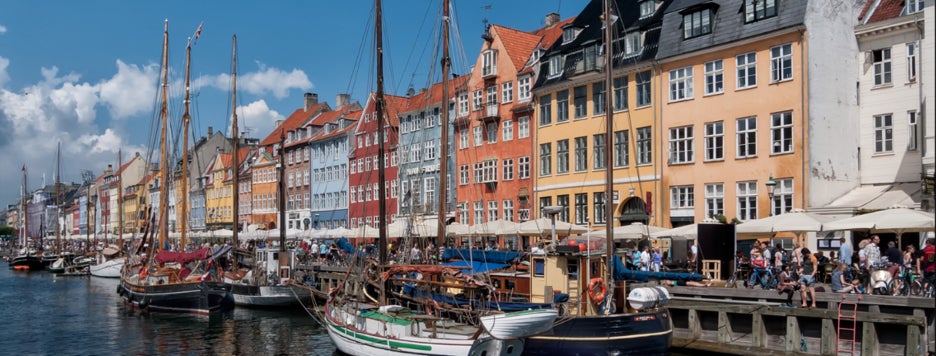The difference between working together or working independently to achieve the Sustainable Development Goals–or SDGs —is becoming clearer as the climate and environment are getting more complex. In other words, sustainable development and climate change adaptation go together like stripes on a zebra.
P4G, which stands for Partnering for Green Growth and Global Goals 2030, is a platform launched during the UN General Assembly in 2017 by the governments of Denmark, Vietnam, South Korea, Chile, Mexico, Kenya and Ethiopia with the goal of accelerating both the 17 SDGs and the Paris Agreement. P4G is a network of leaders from government, business and civil society organizations working to accelerate green growth in many of the 150 developing countries across the world. To achieve this acceleration process, P4G brings together these organizations in an innovative public-private partnership to accelerate needed solutions in 5 key areas, which are: (1) Food and Agriculture; (2) Water; (3) Energy; (4) Cities; (5) Circular Economy. Furthermore, P4C is working together with C40 Cities, and this partnership will definitively help keep a strong focus on cities as important centers of economic activities.
The P4G has made it clear that it offers a platform where commitments and ideas can be realized by connecting doers through partnerships. There is only one way to find out how this could work for your city: by selecting some of your city’s most urgent priorities, seeing which ones will fit into this model, and test it out.
Through IDB’s efforts to promote sustainable urban development, many Latin American and Caribbean cities have developed Action Plans to guide and achieve a more sustainable future. Since each action plan contains data based on the three pillars of sustainability —(1) environmental and climate change; (2) urban sustainability; and (3) fiscal and governance— we already have a wide range of solutions that can be tested through the P4G model.
On October 19-20, P4C will have a Summit in Copenhagen, Denmark that will show the very first practical and concrete details on how this platform envisages important shifts from thoughts to action. The focus of this event will be on how to accelerate concrete solutions to create measurable effects and benefits. Nordic countries have practiced up-scaling of successful solutions on low-carbon solutions for many years, with successful examples such as their Green To Scale program.
The Inter-American Development Bank (IDB) will have a representative participating in the Summit, so stay tuned for more details and ideas on how this platform could be adapted into the Latin American and Caribbean context.
Cover Image: Nyhavn in Copenhagen, Denmark is a picturesque 17th century canal. This photo was taken from the Nyhavnsbroen bridge. © Creative Commons Zero (CC0)
Edición por Andreina Seijas


Leave a Reply